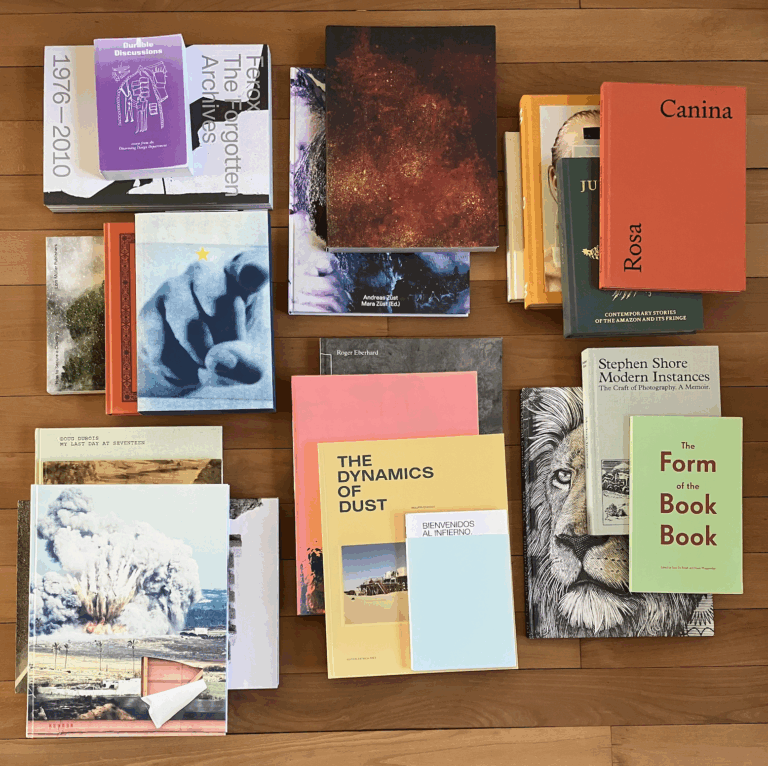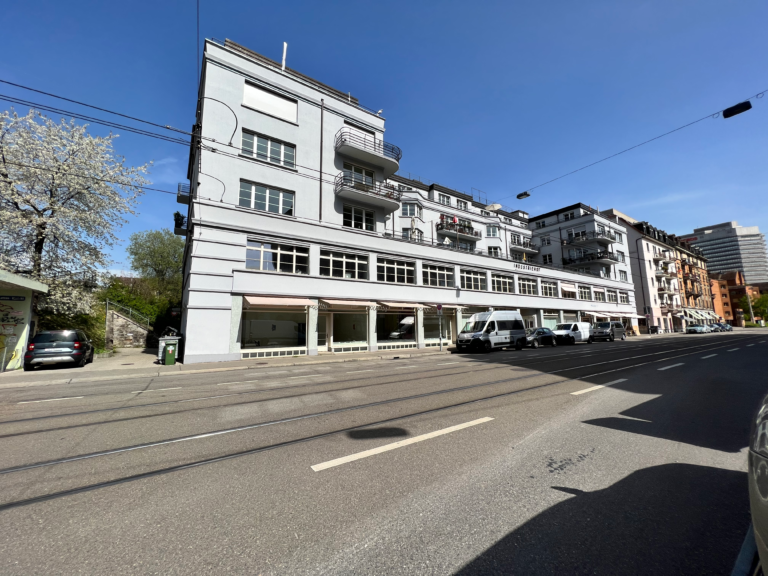Caspian
The Caspian Sea is bounded by Iran on the South, Russia on the North, Azerbaijan on the West, and Turkmenistan and Kazakhstan on the East. It is known as a sea because it is the biggest lake in the world. After the collapse of the Soviet Union, the newly independent states of Central Asia started exploiting the Caspian Sea. The primary sources of pollution in the Caspian Sea are the discovery, exploitation, and transfer of oil from the sea on the one hand and sewage, waste, and chemical poisoning on the other.
The five countries with a share in the Caspian Sea show no interest in conserving or saving it. This not only affects aquatic life but also threatens food security. Pollution of the Caspian Sea is one of the leading causes of economic losses in the northern provinces of Iran. Every year, about 122,000 tons of pollutants from Caspian coastal states (including oil pollution, domestic and industrial sewage, and different types of wastes, plastics, and contaminants from commercial fleets) pollute the marine environment and endanger other species.
Environmental degradation is also affecting the lives of local fishermen, with a 70 % reduction in the fishing rate in recent years. As a result, wages have fallen sharply, and, given that this is their only source of income, they are struggling to survive. It has been over a decade that the issue of sea pollution has been seriously considered. Environmentalists describe the acts of the surrounding countries concerning the biggest lake on the globe as an “ecological bomb”.
According to NASA’s Earth Observatory project, scientists expect the water level in the Caspian Sea to fall rapidly in the coming decades and centuries. By the end of the 21st century, the sea level may fall by 9-18 meters, equal to a quarter of its territory – about 93,000 square kilometers, or the size of Portugal. The Caspian Sea is one of the world’s most important ecosystems. The lives of the residents alongside its coast, like the sea, are shrinking and becoming poorer. Few of its inhabitants know about their dark future due to livelihood problems and news censorship, but those who leave, and some of those who decide to stay, are well aware of its destruction.















Khashayar Javanmardi, born in 1991, is a Persian Non-fiction Photographer. Javanmardi’s poetic depictions of the Caspian Sea reflect his own upbringings along its shorelines, the urgent pressure of climate change and environmental degradation on this important body of water, and the lives that persist on its banks. Javanmardi’s sympathetic documentary voice captures both the mystery and poetry of the Iranian coastline, but also the stark contrast of pollution and destruction of the natural environment. Being made to leave Iran, Javamardi’s Caspian work also speaks of the contradictions of his homeland. His work has been published in NPR, The New York Times, Reuters, Al Jazeera etc.
Javanmardi is now based in Lausanne, Switzerland.
Location
Contact

Awards
- 2024Special Mention / Lenzburg Fotofestival
- Nominee / TruePicture
- Second Prize / PhMuseum Award
- 2023First prize / Verzasca Foto Festiva
- Prix Elyse special mention award
- 2020VII Foundation Alexandra Boulat grant
Exhibitions
- 2024Caspian / Window14 Gallery
- 2023Prix Elysee Nominees, Art Geneva, Switzerland
- 2022Choupan, Ariana Gallery, Group, Iran
- Bursa photo Festival, Turkey
- 2019Festspielhaus Hellerau, Dresden Museum, Germany
Awards
- 2024Special Mention / Lenzburg Fotofestival
- Nominee / TruePicture
- Second Prize / PhMuseum Award
- 2023First prize / Verzasca Foto Festiva
- Prix Elyse special mention award
- 2020VII Foundation Alexandra Boulat grant
Exhibitions
- 2024Caspian / Window14 Gallery
- 2023Prix Elysee Nominees, Art Geneva, Switzerland
- 2022Choupan, Ariana Gallery, Group, Iran
- Bursa photo Festival, Turkey
- 2019Festspielhaus Hellerau, Dresden Museum, Germany



























